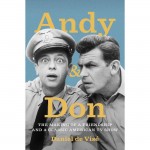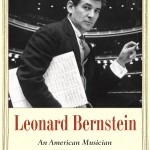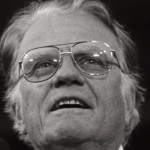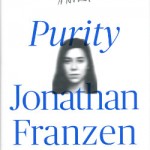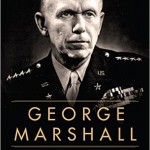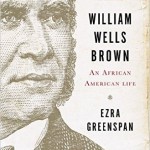
The Missouri Breaks
Greenspan’s biography provides early 21st-century readers with a thick description of the social, political and cultural climate of the disparate but intimately connected contexts of Brown’s life. More than a time-line, Greenspan’s contextualization calls attention to the cataclysmic events taking place in the world of the renowned abolitionist and writer.
